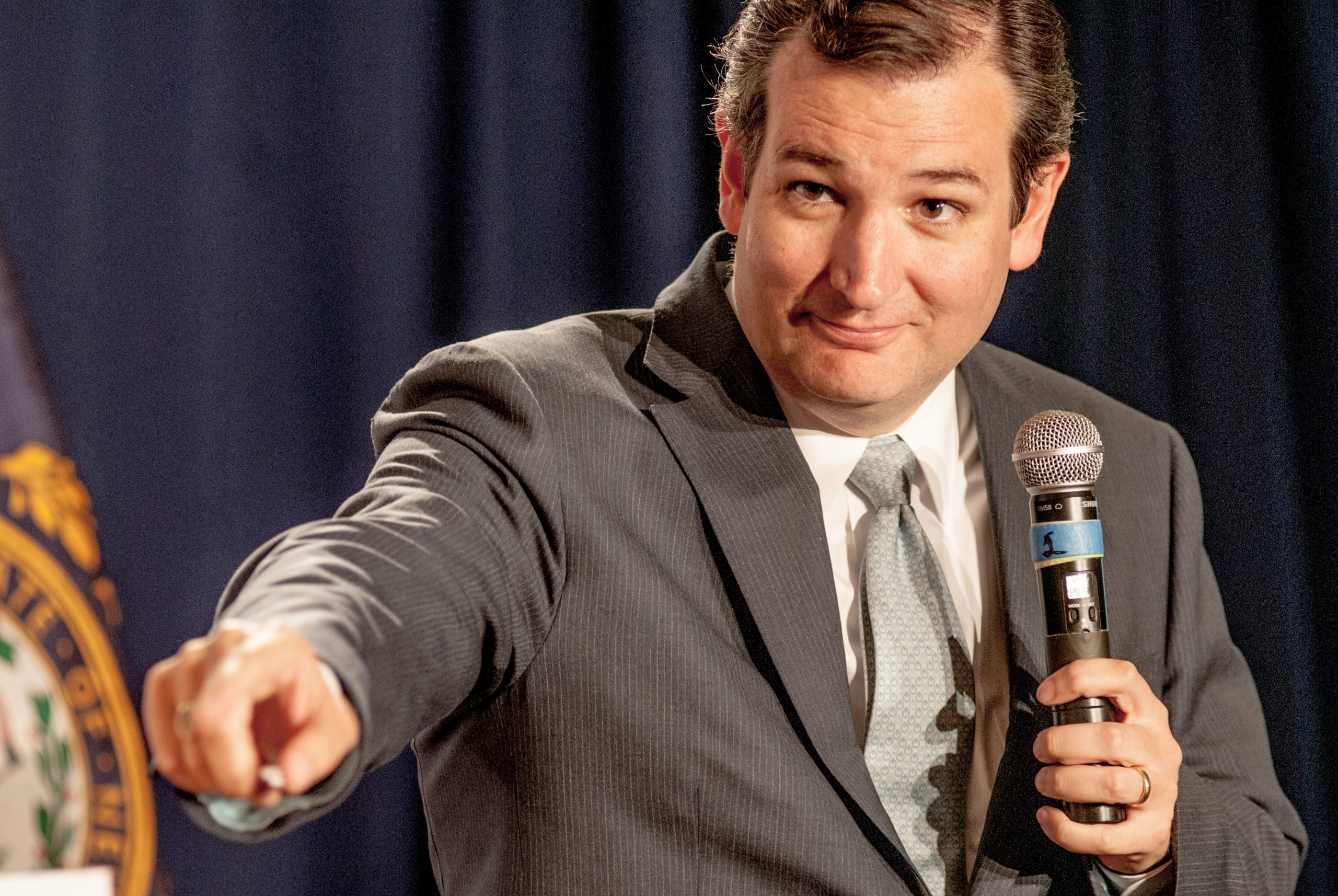
The US Supreme Court just released its first decision since the leak of the Dobbs opinion, the opinion that will overturn the abortion regime, and it’s a winner for conservative Senator Ted Cruz.
In the case, the court ruled in Cruz’s favor, determining that campaign funds can be used to repay personal campaign loans. Chief Justice John Roberts wrote the opinion.
Beginning, Roberts described the problem with the campaign finance laws as they existed before this opinion, saying:
In order to jumpstart a fledgling campaign or finish strong in a tight race, candidates for federal office often loan money to their campaign committees. A provision of federal law regulates the repayment of such loans. Among other things, it bars campaigns from using more than $250,000 of funds raised after election day to repay a candidate’s personal loans. This limit on the use of post-election funds increases the risk that candidate loans over $250,000 will not be repaid in full, inhibiting candidates from making such loans in the first place. The question is whether this restriction violates the First Amendment rights of candidates and their campaigns to engage in political speech.
Next, describing how Cruz and his campaign for Senate come into play here, Roberts wrote:
Appellee Ted Cruz represents Texas in the United States Senate. This case arises from his 2018 reelection campaign, which was, at the time, the most expensive Senate race in history. Before election day, Cruz loaned $260,000 to the other appellee here, Ted Cruz for Senate (Committee). At the end of election day, however, the Committee was in the red by approximately $340,000. App. 285. It eventually began repaying Cruz’s loans, but by that time the 20-day post-election window for repaying amounts over $250,000 had closed. See 11 CFR §§116.11(c)(1), (2). The Committee accordingly repaid Cruz only $250,000, leaving $10,000 of his personal loans unpaid.
Cruz and the Committee filed this action in the United States District Court for the District of Columbia, alleging that Section 304 of BCRA violates the First Amendment.
Describing the court’s holding at the end of his opinion, Roberts says:
In the end, it remains our role to decide whether a particular legislative choice is constitutional. See Sable Communications of Cal., Inc. v. FCC, 492 U. S. 115, 129 (1989); see also Randall, 548 U. S., at 248–249 (stressing need for “the exercise of independent judicial judgment” in case raising concern that “contribution limits that are too low [may] harm the electoral process by preventing challengers from mounting effective campaigns against incumbent officeholders”). And here the Government has not shown that Section 304 furthers a permissible anticorruption goal, rather than the impermissible objective of simply limiting the amount of money in politics.
For the reasons set forth, we conclude that Cruz and the Committee have standing to challenge the threatened enforcement of Section 304 of BCRA. We also conclude that this provision burdens core political speech without proper justification. The judgment of the District Court is affirmed.
And, as the Roberts opinion affirmed the District Court, what is it that the District Court held? The opinion notes that too:
The District Court granted Cruz and his Committee summary judgment on their constitutional claim, holding that the loan-repayment limitation burdens political speech without sufficient justification, and dismissed as moot their challenges to the regulation.
That’s a big win for Cruz, as it means that the campaign funds can be used to repay loans he made to his campaign to help it function.
By: Gen Z Conservative, editor of GenZConservative.com. Follow me on Parler and Gettr.
This story syndicated with permission from Gen Z Conservative